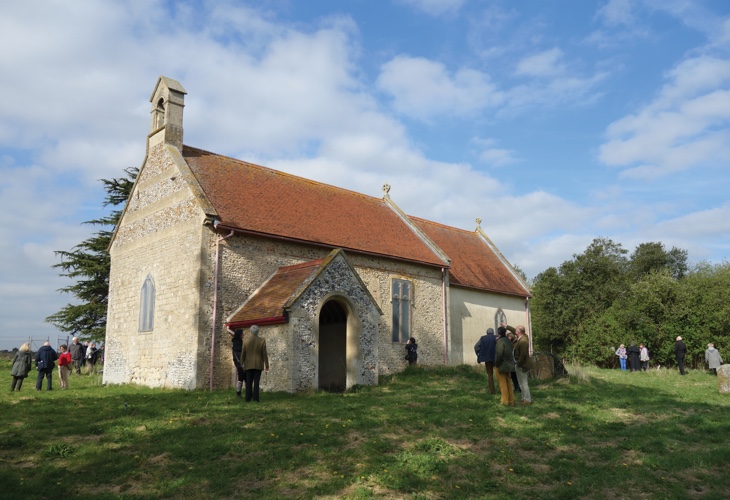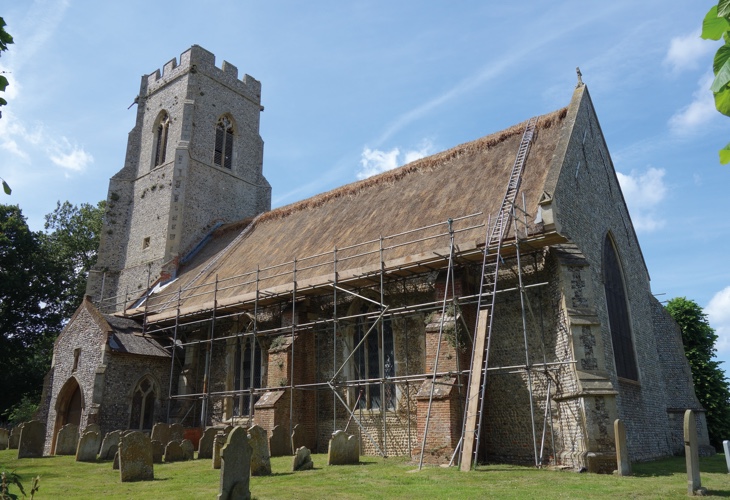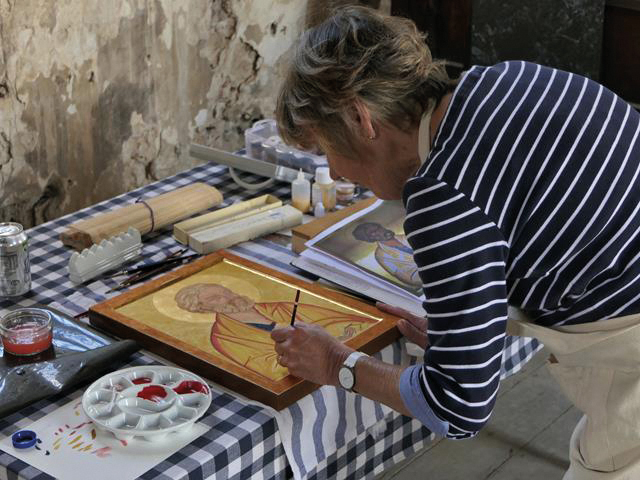Last week, a packed auditorium at the V&A Museum, along with over five hundred joining online, attended the National Churches Trust Conference. The event brought together an impressive range of speakers, from bishops to actors, all united by a shared concern: the future of our nation’s churches
The National Churches Trust reported that the UK has 38,500 churches, chapels, and meeting houses – 45% of the Country’s Grade 1 listed buildings. An estimated 3,500 churches have closed in the last ten years with a further 2,000 expected to close in the next five years. Almost, 1,000 places of worship are on Historic England’s Heritage at Risk register, including over sixty in Norfolk.
The financial challenge is immense: the Church of England faces £1 billion in repair costs and an annual maintenance bill of £150 million. Despite this, 77% of churches have managed to fund their repair costs through local fundraising in the past five years — a testament to the dedication of parish volunteers. Across Norfolk, we see this commitment daily: small, determined teams, often of elderly volunteers, working tirelessly to keep their churches open.
As one inspiring octogenarian churchwarden told us, “Our church has been the heart of our village for centuries — not on my watch will it be closed or fall into ruin.”
But this crisis we now face, quoted on the day as ‘the most important heritage challenge of our times’, is too vast to be left to the goodwill of volunteers.
The Archbishop of York, Stephen Cottrell, acknowledged that the Church of England must do more to support parishes financially. Many speakers urged the Government to make the Listed Places of Worship Grant Scheme permanent. This scheme, introduced over 20 years ago by then-Chancellor Gordon Brown, enables places of worship to reclaim VAT on repair works costing more than £1,000. Its funding was significantly reduced in 2025 and now the whole scheme is in jeopardy.
We strongly urge our local MPs to lobby Heritage Minister Baroness Twycross to make this scheme permanent. It remains a vital lifeline for countless communities.
Speakers also expressed concern about the level of ‘red tape’ surrounding permissions for adapting church buildings for wider community use — a change many believe is essential to ensure their long-term sustainability.
While the National Lottery Heritage Fund continues to play an important role, many parishes find the application process daunting, often having to pay consultants to prepare bids. A more stable and collaborative funding framework is urgently needed, one in which local Trusts, such as ours, can play an active role alongside national bodies.
At the Norfolk Churches Trust, we are exploring new partnerships with local businesses and communities to strengthen our grant scheme and support the long-term future of Norfolk’s churches.
The conference wasn’t all doom and gloom! A recent National Churches Trust survey highlighted the continuing vitality of church life:
- 80% hold weekly services – worship remains central
- 56% are involved in food distribution, including food banks
- 34% support people struggling with anxiety, depression, or isolation
- 50% host community organisations at least once a week
- 58% are open beyond service times, with 42% open daily
We at the Norfolk Churches Trust strongly encourage churches to stay open. Indeed, advice from Ecclesiastical Insurance, one of the conference sponsors, was simple: “Stay Open.”
As part of our 50th Anniversary celebrations in 2026, we will be offering grants for automated locking systems to help ease the burden on volunteers and make it easier for churches to remain accessible to visitors every day.
As historian and broadcaster Alice Loxton so eloquently summarised at the conference,
“Churches are the crown jewels of our heritage, containing the UK’s largest collection of art, sculpture, and stained glass. Unlike grand galleries, museums, or palaces, they are free to visit, local to us all, and tell the stories of ordinary people over centuries. When we take a pew, we sit side by side with our ancestors — continuing their story.”
Linda Joel
Secretary






